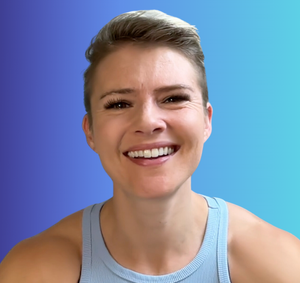I became a contributor for Forbes in 2018 and it took me just over five years to reach 2 million total views on my articles.
At the start, I’d do the minimum to hit my monthly quota. I wasn’t fully engaged and I didn’t play the game. I’d write whatever took my fancy. I’d stick to my swimlane but cover multiple topics. I’d publish whenever inspiration struck and rarely look at metrics.
Two months ago, I set an intention, and that’s when everything changed.
I decided to double down on Forbes and ignore every other platform. I stopped logging in to Instagram and LinkedIn, I changed my newsletter from weekly to monthly. All my energy went into writing for Forbes, adding Twitter a month later, because both platforms had the most potential to drive signups for my new business, which is the point of it all.
If you’ve been here a while, you’ve heard me bang on about doubling down. You’ve heard me preach less but better. You’ve read my blogs on subtracting, avoiding addition bias, and eliminating everything nonessential to channel energy in one direction.
But I never fully understood its full power. Until now.
In the last two months I’ve passed 3.5 million total views on Forbes. June alone was responsible for 900,000 reads. I used to be roughly in the top 300 contributors, now I’m #16. I used to celebrate if an article got 2k hits, now anything less than 10k requires a post-mortem.
After five years of publishing on the platform, 40% of the total traffic has come within the last two months. Since I decided to double down.
So what was in the gap?
- Having a beginner’s mind.
- Saying no to irrelevant pitches.
- Research, testing, keeping metrics.
- Being stricter about what got published.
- Being honest about what wasn’t working.
- Moving PRs and their agendas out of my inbox.
- Checking the leaderboard daily for more motivation to keep going.
I’m not telling you this to be congratulated. I’m telling you this because it’s proven something that until now, I hadn’t properly practised.
I want the same success for you.
It’s not easy to cut off options in favour of one that might not work. It’s tempting to log in and check every social media profile or keep a low level of activity just in case. It’s lazy to stay busy responding to everyone who wants you to do something.
The easy way forward is to keep doing what you’ve always done, the hard thing is to call bullsh*t on yourself and make a big change.
All of your energy channelled in one direction has an exponential effect that you don’t access flitting around with more sporadic, smaller actions. Compound benefits follow.
Where can you do less but better? Where can you double down? What’s about to take off for you?
P.s. My editor has asked me to refer new Forbes contributors. Here’s how you can become a Forbes contributor.









